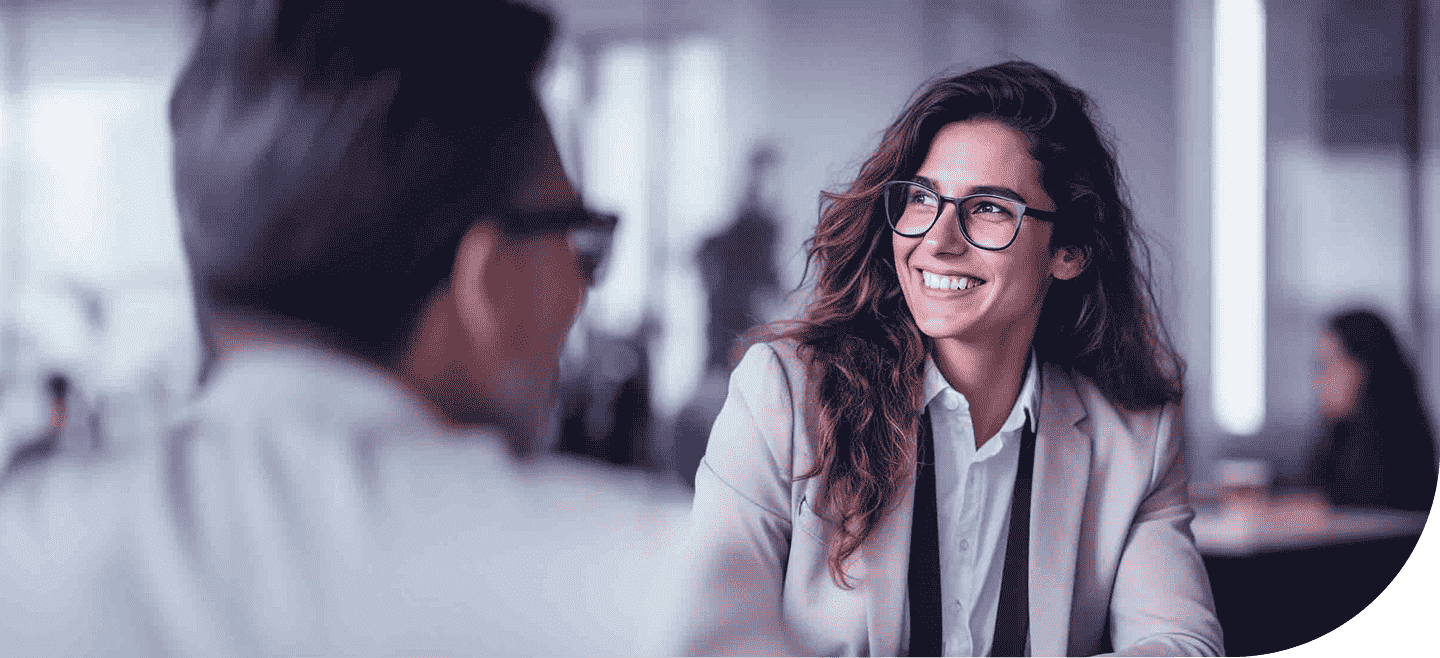Technical Accounting Alert | TA 2025-2
ASIC focus areas for FY 2025-26 financial reports
ASIC focus areas for FY 2025-26 financial reports
Jessica Fox & Holly Bailey on sport, leadership, and redefining 'playing like a girl'. Listen now










































